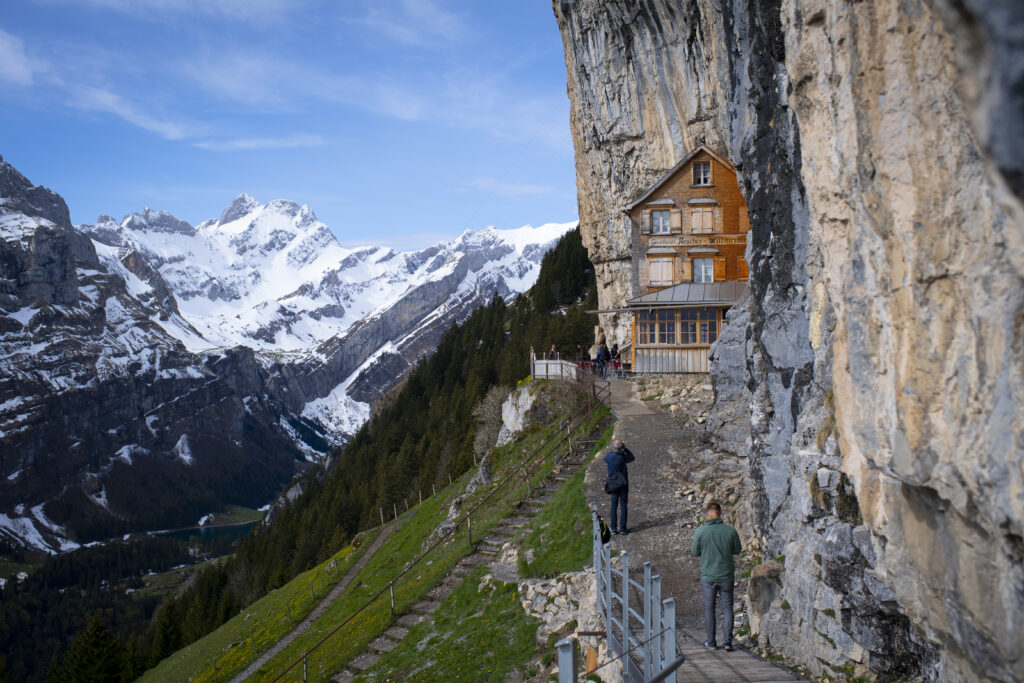Thu, May 25th 2023

(Keystone SDA) Swiss tourism is looking forward to a strong summer, not least because of the return of guests from China. And overall, the record from the pre-Corona period could fall in 2023 in terms of overnight stays.
The economic research center of the ETH (KOF) dares to make this forecast. From the cities to the mountain and lake regions, the mood is positive.
For the 2023 summer season, the ETH Zurich research center expects 1.2 million more overnight stays than last summer. That means an increase of 5%, as the forecasts published on Thursday show. The upturn is likely to be primarily driven by foreign guests. In contrast, no further increase is expected for Swiss guests.

After the long Corona break, tourists from China are expected back. However, the return is likely to be gradual. A full return is not expected until the end of the year.
At the same time, the positive wave among guests from the USA continues. These had already come back strongly in the last year. The situation with European visitors, on the other hand, is rather subdued.
Read more: Why Appenzell wants fewer tourists
Meanwhile, Switzerland is becoming increasingly popular with tourists from Southeast Asia. This is shown by the number of overnight stays in March: the number of guests from the Philippines doubled compared to the period before the pandemic. The situation is similar for the guests from Malaysia, Thailand and Singapore.

For the winter, on the other hand, only slight growth is expected after the extraordinarily high figures in the previous year. The KOF expects an increase of around 1% for the 2023/24 winter season and speaks of “modest growth at a high level”.
Numerous Swiss guests are also expected. However, the extraordinarily high influx of domestic guests seen during the pandemic is unlikely to be achieved. The KOF thus expects a decrease of 4% among the Swiss compared to last winter, but an increase of 10% compared to the pre-pandemic level.
Meanwhile, climate change is becoming an increasing risk. According to the KOF, this is having an increasing impact on winter tourism and making precise forecasts more difficult. Weather conditions had a very short-term impact on bookings, as shown by the lack of snow in March with a rapid drop in overnight stays.

All in all, the local hoteliers can look forward to a record year after the difficult Corona period. For the current year as a whole, the KOF expects 3.9 million more overnight stays than in the previous year. This corresponds to an increase of just over 10%.
The forecasts for the summer season as well as for the year as a whole not only meant higher values than in the last year before the pandemic, but also new records altogether. The KOF concludes that domestic tourism is proving to be robust in the face of the weakening global economy.
This article was re-printed with permission from Keystone SDA.
